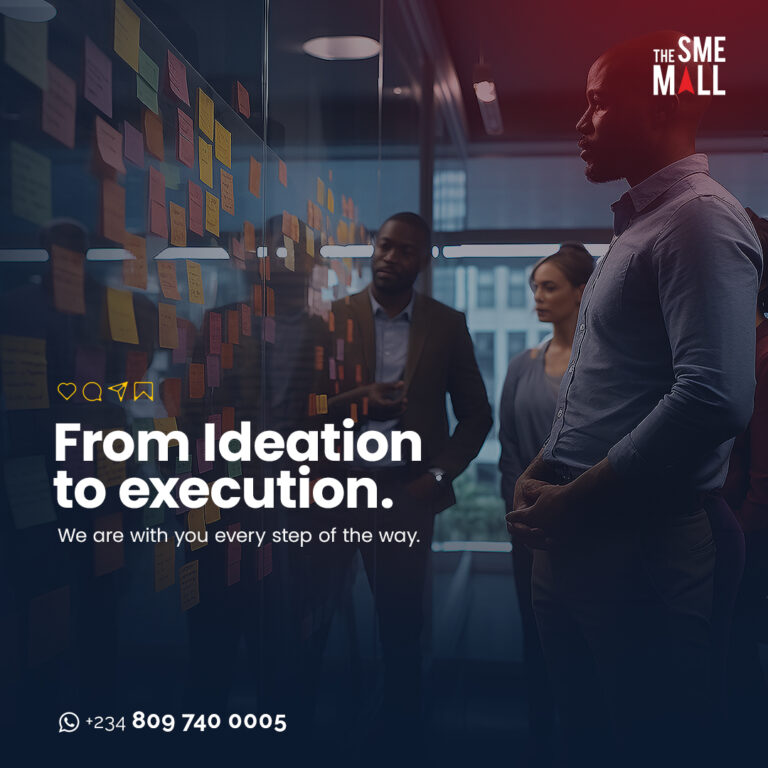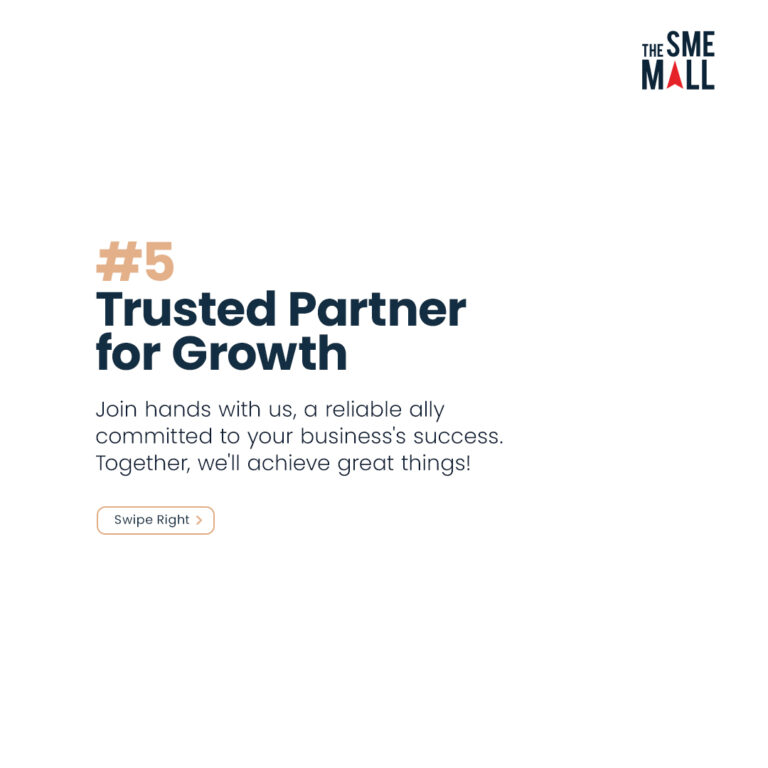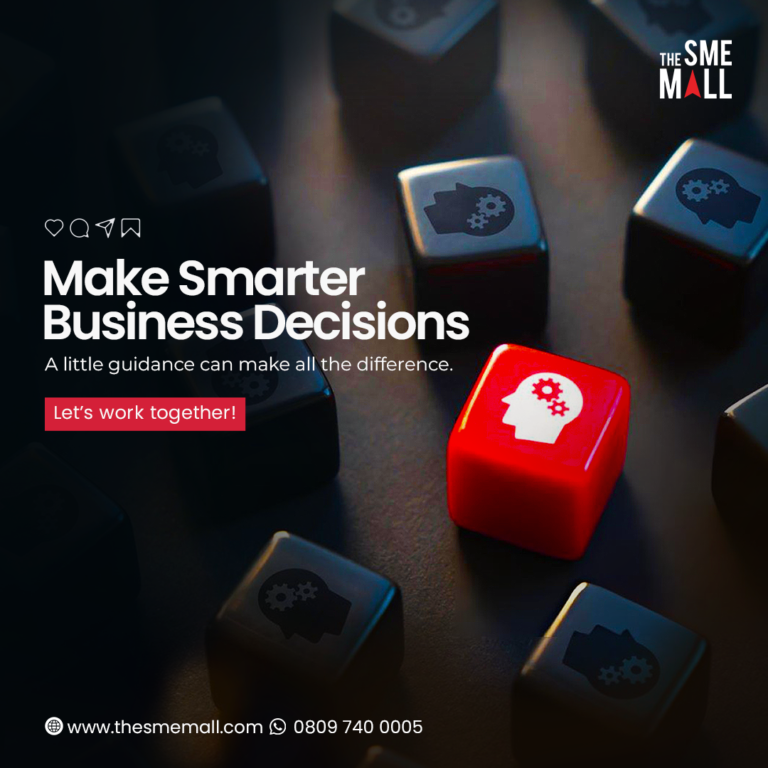Who Is Your Target Market? And Why Most Nigerian Startups Are Building Products Nobody Wants
Picture this: You have the most brilliant business idea. You can see it clearly, your product revolutionizing an entire industry, solving real problems, making millions.
So you do what feels logical: you hire a team, set up an office, create departments, and start building. Two years later, you have everything except the one thing that matters most.
Customers.
This scenario plays out more often than you might think in Nigeria’s startup ecosystem. Ambitious entrepreneurs with genuine vision pour time, money, and energy into building what they think the market needs, only to discover that the market isn’t ready to pay for it.
If this sounds familiar, you’re not alone. And more importantly, it’s not too late to course-correct.
The “Build It and They Will Come” Myth
Recently, we encountered a startup founder who had been building his “Amazon for Africa” for nearly two years. The vision was ambitious, the execution was detailed, and the team structure was impressive.
What he had:
A complex, feature-rich website (still not live after 24 months)
A team of 15+ people with proper departments
HR processes, employment letters, and pension discussions
Equity promises for everyone
Weekly staff meetings with motivational speeches
AWS credits from a prestigious accelerator
What he didn’t have:
A single conversation with a potential customer
Any validation that people wanted his solution
Evidence that anyone would pay for his product
When asked if he had spoken to potential customers, his response was telling: “No. That’s what I hired marketers for.”
This represents a fundamental misunderstanding of how successful businesses are built.
The Nigerian Startup Reality Check
This pattern is disturbingly common in Nigeria’s entrepreneurial landscape. We see it repeatedly:
Entrepreneurs who:
Have big visions and noble intentions
Invest heavily in team building and infrastructure
Create impressive organizational structures
Spend months or years in “stealth mode”
Assume their personal experience represents market demand
But never:
Speak directly to potential customers
Test their assumptions in the real market
Validate that people will actually pay for their solution
Understand their target audience’s real pain points
The result? Beautiful products with no buyers. Sophisticated solutions with no demand. Fancy buses with no passengers.
Customer Validation: The Foundation Every Nigerian Startup Needs
Customer validation isn’t just a nice-to-have, it’s the difference between building a business and building an expensive hobby.
True customer validation means:
Having direct conversations with people who experience the problem you’re solving
Understanding whether they’re actively seeking a solution
Confirming they’re willing and able to pay for that solution
Learning how they currently handle the problem
Discovering what would make them switch to your solution
This process should happen before you hire your first employee, not after you’ve built your entire product.
The High Cost of Skipping Customer Validation
When Nigerian startups skip customer validation, the consequences are predictable and painful:
Financial Drain
Without paying customers, you’re burning cash on salaries, office rent, and operational expenses with no revenue to offset costs. Many promising Nigerian startups have died simply because they ran out of money before finding product-market fit.
Team Demotivation
Nothing kills team morale faster than working on a product nobody wants. When your brilliant developers and marketers realize they’re building something with no market demand, engagement plummets.
Wasted Opportunity
Every month spent building the wrong thing is a month not spent building the right thing. Nigerian entrepreneurs often have limited resources and narrow windows of opportunity, wasting them is costly.
Founder Burnout
Watching your savings disappear while your carefully built product fails to gain traction is emotionally devastating. Many founders give up not because their idea was wrong, but because they approached validation backwards.
How to Validate Your Startup Idea the Right Way
Step 1: Identify Your Specific Target Customer
Don’t say “everyone” or “small businesses in Nigeria.” Get specific:
What type of person or business?
What size company?
What industry or sector?
What specific role or position?
What geographic location?
Step 2: Find and Talk to These People
This means actually picking up the phone, sending messages, or meeting face-to-face. Not surveys. Not focus groups. Real conversations.
Ask questions like:
How do you currently handle [the problem your product solves]?
How much time/money does this problem cost you monthly?
What solutions have you tried before?
What would an ideal solution look like to you?
How much would you be willing to pay for that solution?
Step 3: Test Your Solution Concept
Before building anything complex, test your core concept:
Create a simple landing page describing your solution
Build a basic prototype or mockup
Offer a pre-order or beta signup
Run small paid advertising tests to gauge interest
Step 4: Look for Real Commitment
Interest isn’t the same as commitment. Look for people who:
Give you their email address
Refer you to others
Ask detailed questions about features
Express urgency about needing the solution
Offer to pay upfront or pre-order
Common Customer Validation Mistakes Nigerian Entrepreneurs Make
Mistake 1: Only Talking to Friends and Family
Your mother thinks everything you do is brilliant. Your friends want to be supportive. These aren’t your customers, they’re your cheerleaders. Talk to strangers who have no reason to lie to you.
Mistake 2: Leading with Your Solution
Don’t start conversations by explaining your product. Start by understanding their problems. Let them tell you about their challenges before you mention your solution.
Mistake 3: Accepting Polite Interest as Validation
Nigerians are often polite. “That sounds interesting” or “I might use that” isn’t validation. Look for enthusiasm, urgency, and willingness to take action immediately.
Mistake 4: Assuming Your Experience is Universal
Just because you experienced a problem doesn’t mean everyone else has the same problem or wants it solved the same way.
Building Your Customer-First Startup
Start with 15 Customer Conversations, Not 15 Employees
Before you hire anyone, have meaningful conversations with at least 15 potential customers. These conversations will teach you more about your market than any business plan or market research report.
Create a Simple Solution First
Don’t build the complete platform. Create the simplest version that solves the core problem and see if people will pay for it. You can always add features later.
Measure What Matters
Track customer conversations, not just website visits. Measure paying customers, not just email signups. Focus on revenue, not just user registrations.
Stay Close to Your Customers
Even after you start generating revenue, maintain direct contact with your customers. They’ll guide your product development better than any internal planning session.
When to Start Hiring Your Team
Only start building your team after you have:
Validated that people want your solution
Confirmed they’ll pay for it
Generated some initial revenue or strong pre-orders
Understood exactly what you need to build
Identified the specific skills required to serve your customers
Your first hire should solve a specific problem preventing you from serving more customers, not just fill an organizational chart.
The SME Mall Approach to Customer-Centric Business Building
At The SME Mall, we’ve seen too many talented Nigerian entrepreneurs fail not because their ideas were bad, but because they approached business building backwards. That’s why our business advisory services always start with market validation.
We help entrepreneurs:
Design effective customer validation processes
Identify and reach their target customers
Interpret feedback and adjust their business models
Build lean, customer-focused operations from the start
Create sustainable growth strategies based on real market demand
We believe every Nigerian startup deserves to build something people actually want to pay for.
Your Customer Validation Action Plan
This Week:
Define your specific target customer in detail
Create a list of 20 people who fit this description
Reach out to 5 of them for conversations this week
Next Month:
Complete conversations with all 20 potential customers
Analyze patterns in their feedback
Identify the core problem most urgently felt
Design a simple solution test
Before You Hire Anyone:
Validate that people will pay for your solution
Generate your first paying customer or confirmed pre-order
Understand exactly what skills you need to serve more customers
Create a lean hiring plan based on customer needs, not organizational ideals
The Bottom Line: Customers Come First, Always
Building a successful startup in Nigeria requires the same discipline as anywhere else: understanding your customers before building your product, validating demand before scaling supply, and proving people will pay before you pay others.
The startups that succeed aren’t necessarily those with the best ideas, they’re the ones that understand their customers best.
Your brilliant idea means nothing if nobody wants to buy it. But a simple solution that solves a real problem people will pay for? That’s the foundation of every successful business.
Don’t build a fancy bus with no passengers. Build something people are already waiting in line to board.
The good news? It’s never too late to start talking to your customers. And once you do, you might be surprised at how much your business improves when you finally know who you’re building it for.



